

In Unani medicine, kidney diseases are generally referred to as "Amraz-e-Kilwi" (translated as kidney diseases). The Unani system views the kidneys as vital organs responsible for filtering waste and maintaining fluid balance in the body. The kidney's function is closely related to the body's humoral balance (Dam - blood, Balgham - phlegm, Safra - yellow bile, and Sauda - black bile), and any disturbance in this balance is believed to lead to kidney issues.Unani medicine addresses kidney diseases based on the principles of balancing the humors and improving the health of the kidneys through natural remedies, dietary changes, and therapies.
Kidney diseases in Unani medicine are attributed to the following main causes:
Humoral Imbalances: An imbalance in the four humors (Dam, Balgham, Safra, Sauda) is considered the root cause of kidney disorders.
Excess Safra (yellow bile) or Sauda (black bile) causes toxins to accumulate in the kidneys, leading to various disorders.
Dietary Imbalance: Unani believes that consuming foods that are too heavy, fatty, spicy, or acidic leads to the formation of toxic waste in the body, affecting kidney function. Unhealthy eating habits contribute to an excess of heat or toxins in the body.
Dehydration and Poor Fluid Balance: Insufficient water intake can lead to concentrated urine, causing kidney stones or other kidney diseases due to an overload of waste products.
Excessive Heat: Unani medicine often associates kidney problems with heat, either from environmental factors or an imbalance of Safra. This heat can cause damage to the kidneys over time.
Toxins and Infections: Kidney diseases can also be caused by toxins, infections, or autoimmune disorders that lead to inflammation in the kidneys, disrupting their normal function.
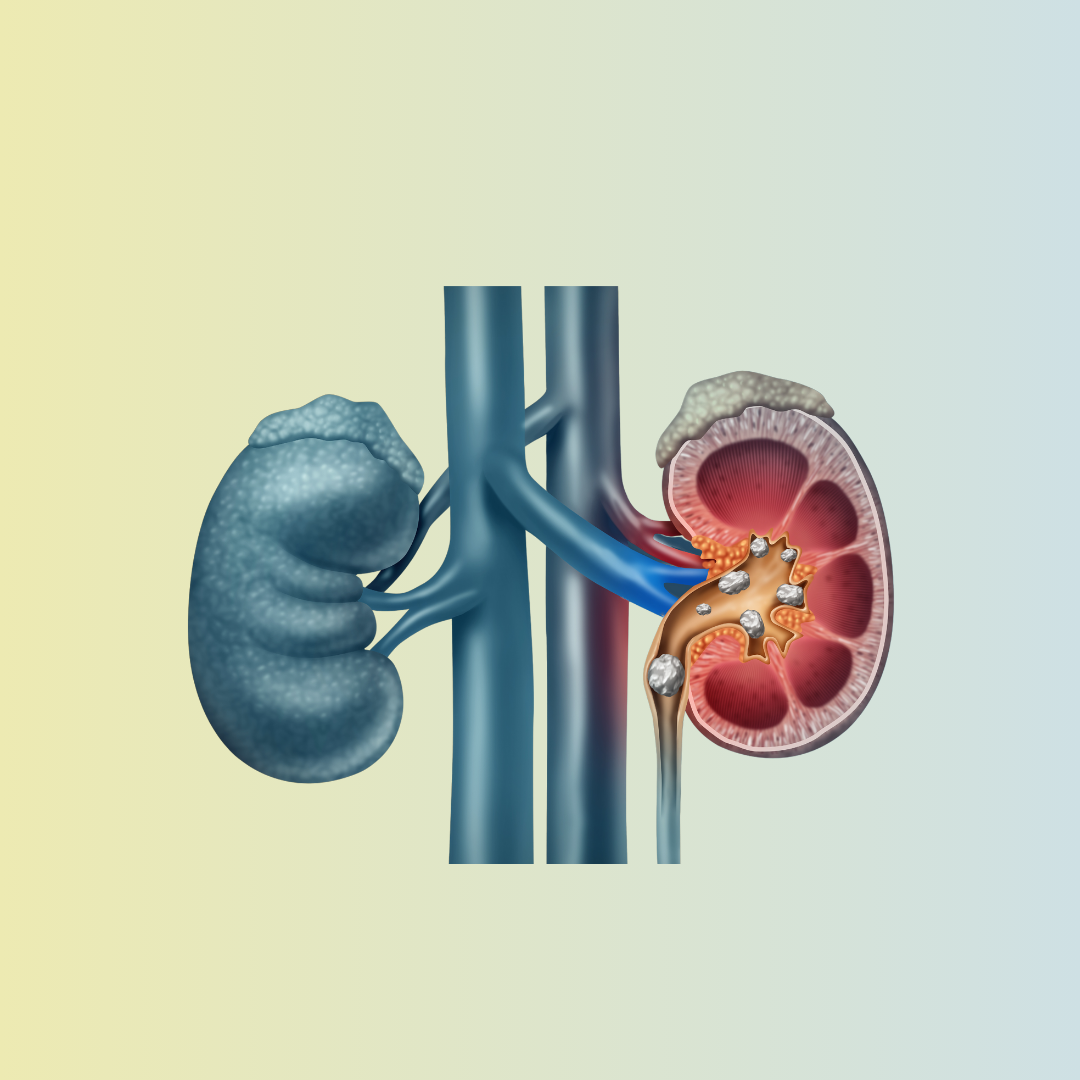
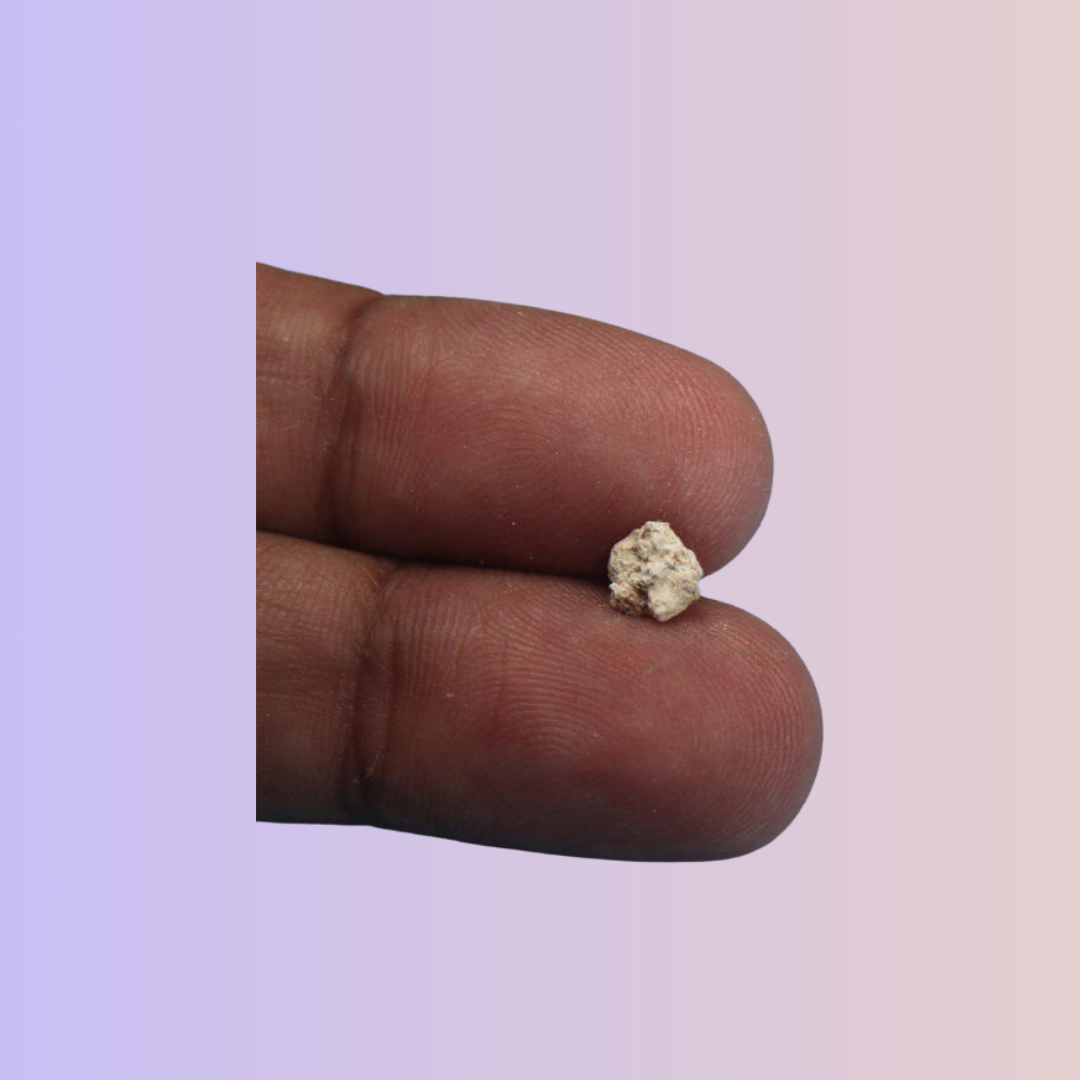
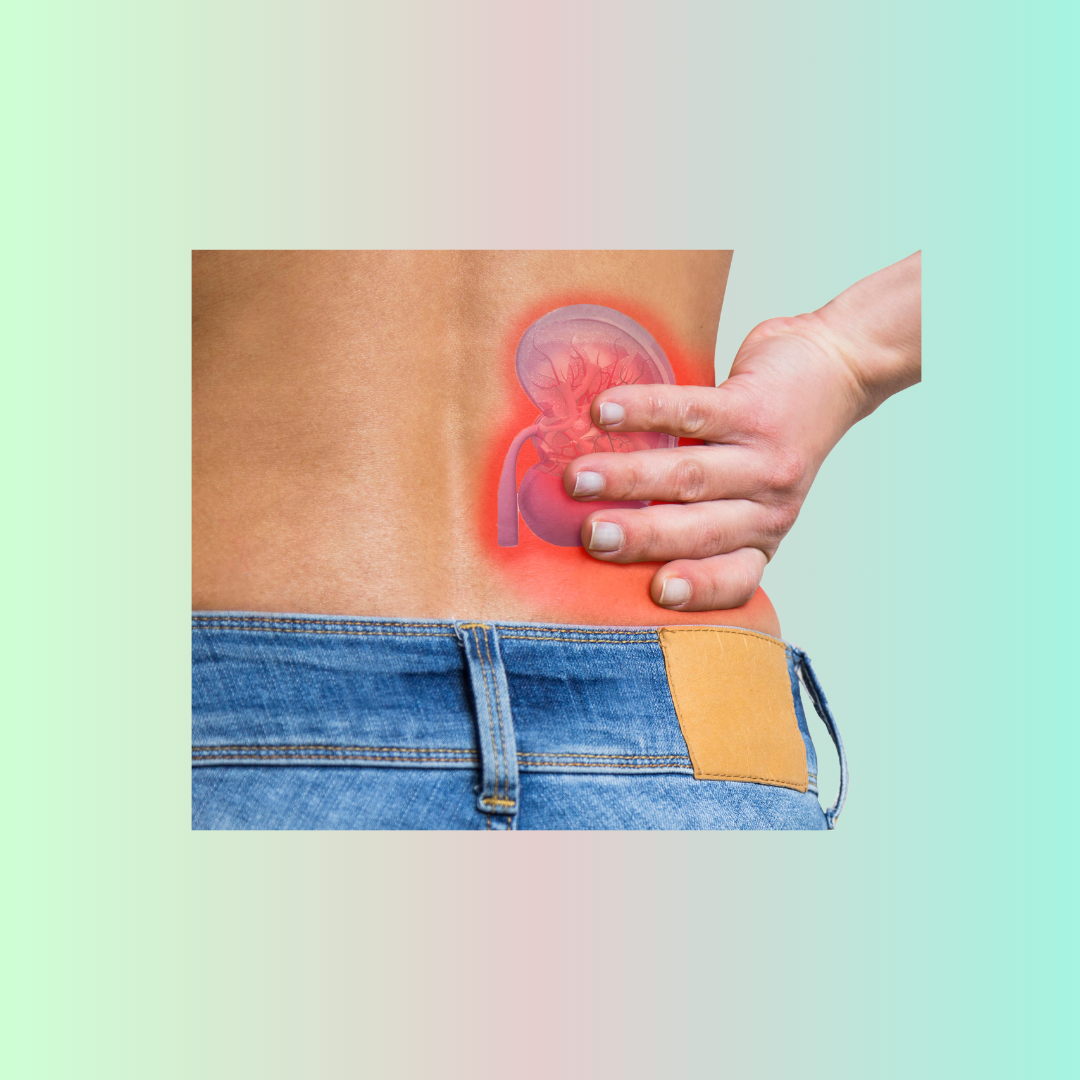
The goal of Unani treatment for kidney diseases is to restore the balance of humors, eliminate toxins, reduce heat, and improve kidney function. Unani practitioners may use the following approaches:
1. Herbal Remedies:
Coriander (Dhania): Known for its detoxifying and diuretic properties, it helps in cleansing the kidneys and promoting urination.
Pomegranate (Anar): The rind of pomegranate is often used to support kidney health and break down kidney stones.
Cucumber (Kheera): Known for its cooling properties, it is often used to help with kidney cleansing and hydrating the body.
Barberry (Zereshk): Used to improve kidney function and break down kidney stones.
Horsetail (Equisetum arvense): Used to reduce inflammation and promote the elimination of waste from the kidneys.
Tribulus Terrestris (Gokhru): Often recommended for kidney health, it helps improve kidney function and detoxification.
2. Dietary Recommendations:
Cooling foods such as cucumbers, watermelon, and dairy are recommended to balance excess heat in the body.
Avoid spicy, fatty, or excessively salty foods that can worsen kidney issues and increase toxicity in the body.
Increase water intake to help flush out toxins and maintain kidney health.
3. Cupping Therapy (Hijama):
Hijama is used to relieve congestion, improve blood circulation, and expel toxins from the body, particularly from the kidneys. It is believed to help cleanse the kidneys and support proper function.
Massage (Dalk):Massage with herbal oils can help stimulate circulation in the kidneys and support the elimination of waste products.
Detoxification: Unani also emphasizes the importance of detoxifying the body through herbal teas, purgatives, or other methods to eliminate toxins that may contribute to kidney disease.
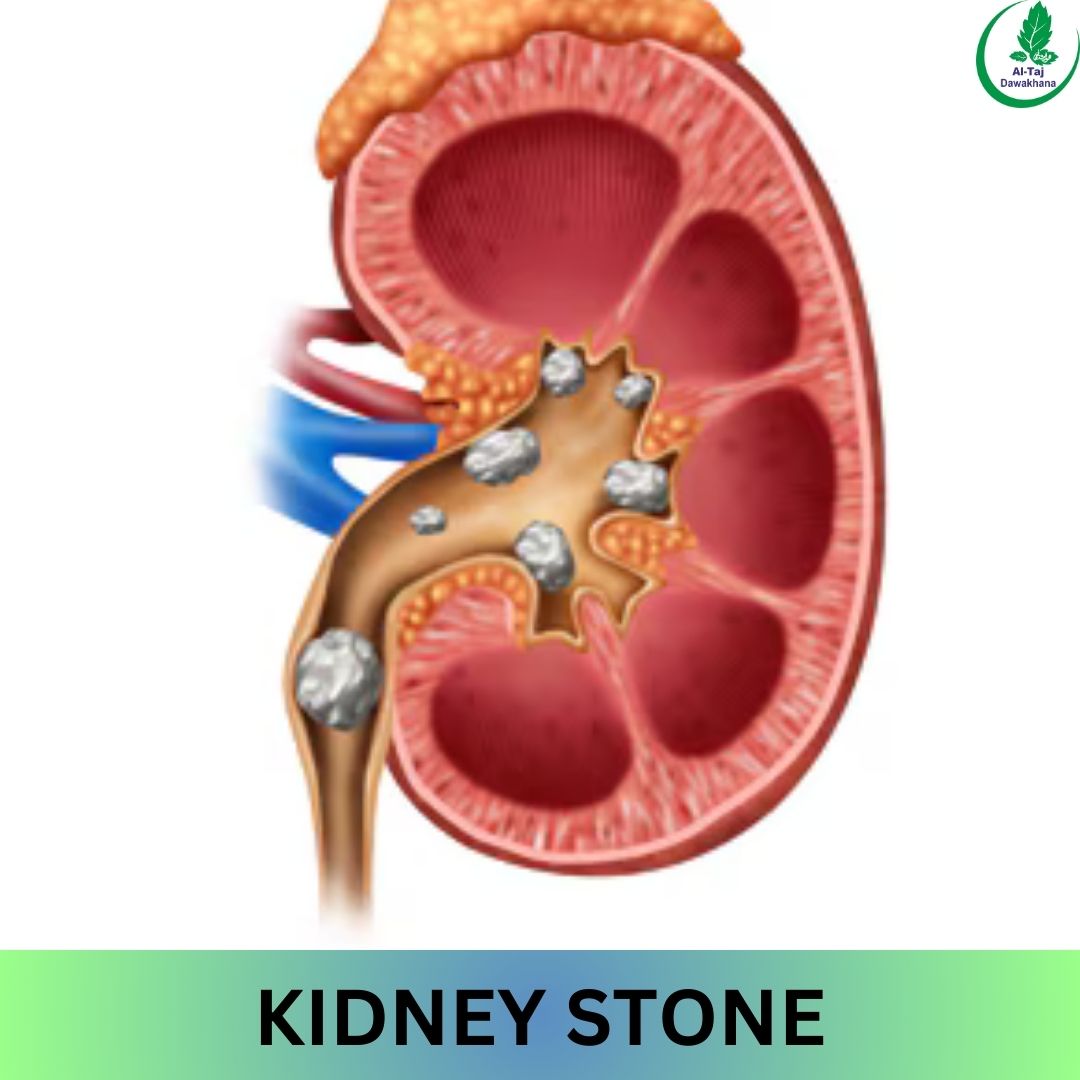
This condition refers to the formation of hard stone-like structures in the kidneys due to the precipitation of waste products and minerals, which can cause pain and blockages.

Chronic kidney disease (CKD) involves gradual damage to the kidneys, impairing their ability to filter blood and regulate fluids.

In Unani medicine, Urinary Tract Infection (UTI), or Iltihaab-e-Mi'a, is seen as an inflammation of the urinary tract caused by an imbalance in the body's humors, particularly an excess of heat (Safra) or moisture (Balgham).
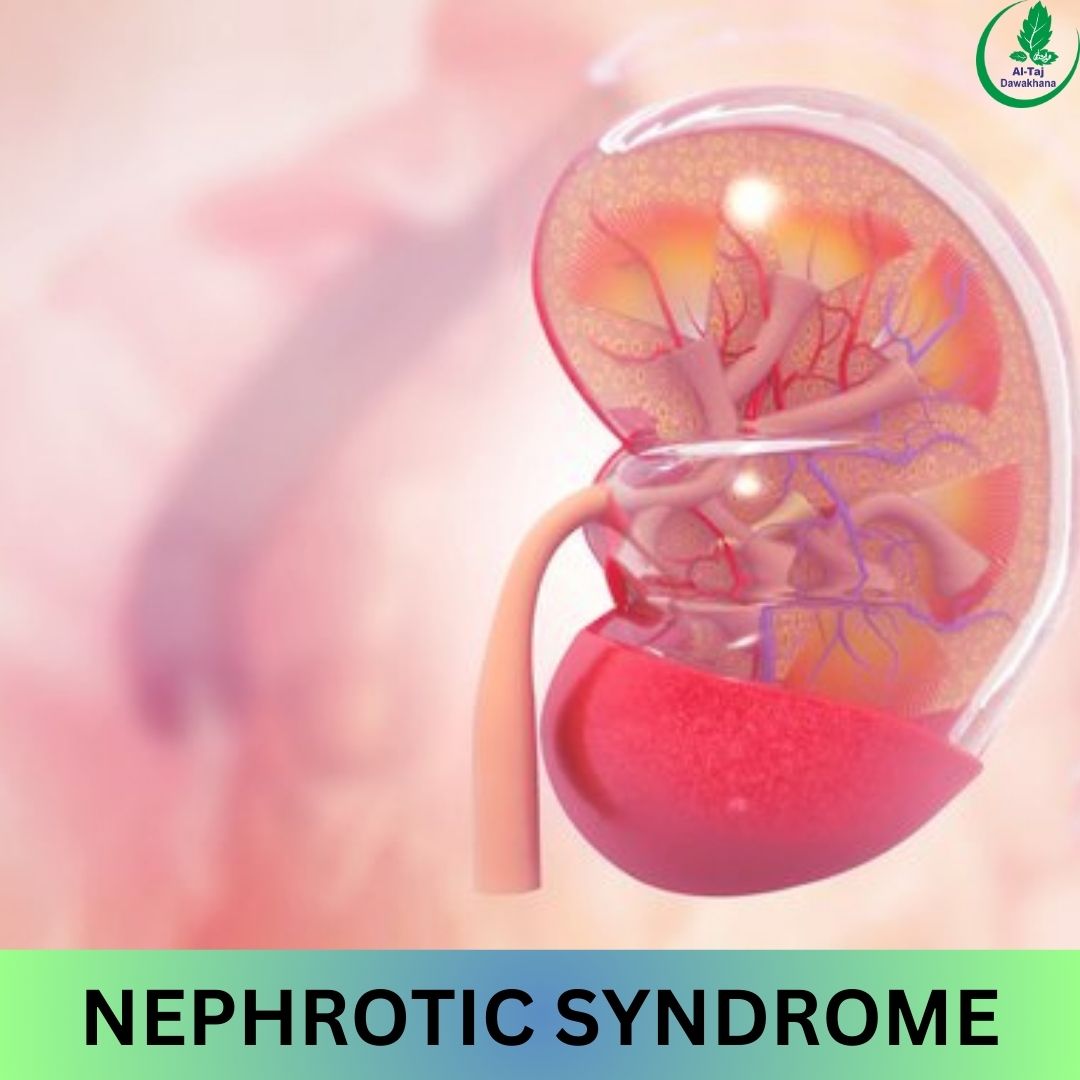
In Unani medicine, nephrotic syndrome (Amraz-e-Kilwi-e-Mazmanah) is viewed as a condition caused by an imbalance of the humors, particularly an excess of Sauda (black bile) and Balgham (phlegm).

In Unani medicine, Polycystic Kidney Disease (PKD) is viewed as a chronic condition arising from an imbalance in the body's humors, especially excessive Sauda (black bile) and Balgham (phlegm), leading to the formation of cysts in the kidneys.

In Unani medicine, renal failure (Fashal-e-Kilwi) is understood as a result of humoral imbalance, particularly the excess of Sauda (black bile) and Balgham (phlegm).